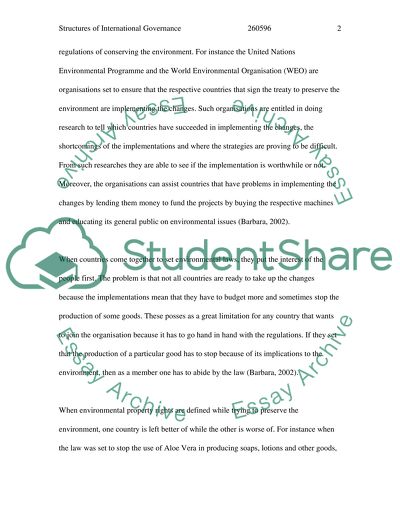Cite this document
(Structures of International Governance Coursework, n.d.)
Structures of International Governance Coursework. Retrieved from https://studentshare.org/social-science/1550448-structures-of-international-governance
Structures of International Governance Coursework. Retrieved from https://studentshare.org/social-science/1550448-structures-of-international-governance
(Structures of International Governance Coursework)
Structures of International Governance Coursework. https://studentshare.org/social-science/1550448-structures-of-international-governance.
Structures of International Governance Coursework. https://studentshare.org/social-science/1550448-structures-of-international-governance.
“Structures of International Governance Coursework”. https://studentshare.org/social-science/1550448-structures-of-international-governance.


